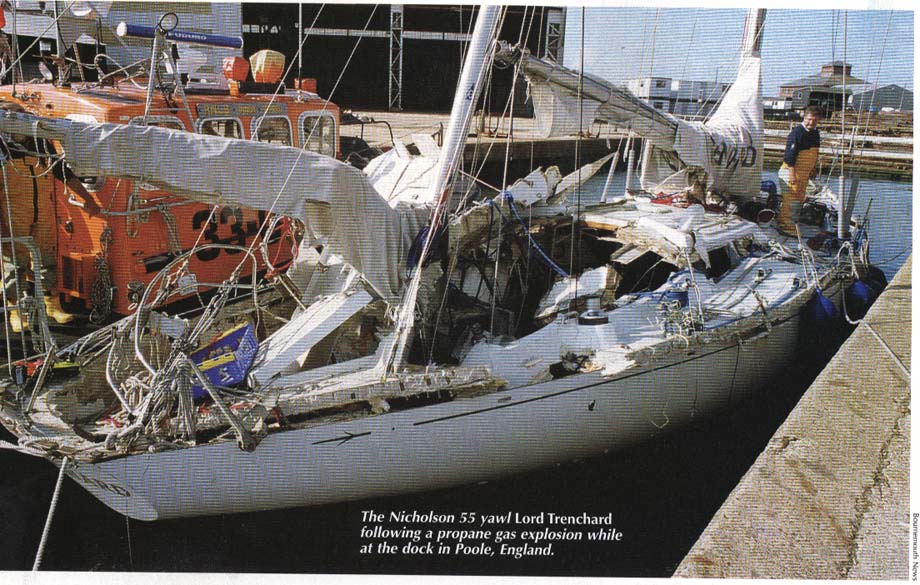“I fly(and work on) airplanes for a living. Most of the job involves managing risk,”
Well, don’t puff your chest up about managing risk on airplanes. I spent 37yrs designing BIG airplanes. We did not “manage risks”. We had regulations defined in the Code of Federal Regulations (CFR) that had to be met. It was not managing risks. If we did not meet the CFRs, and had an incident, lawsuits would occur and be lost. ABYC has “requirements” concerning propane. Not sure if they could be called regulations, but, if you had an incident with people aboard, you could be open to liability and your insurance could say Hasta la Vista!! BTW, your “plan” of propane in the cockpit doesnt take into account wind direction... My recommendation is meet the ABYC requirement that insurance requires..If you don’t have insurance and have passengers (friends), you are wide open...Then again, if you are dead, I guess it doesn’t matter..



